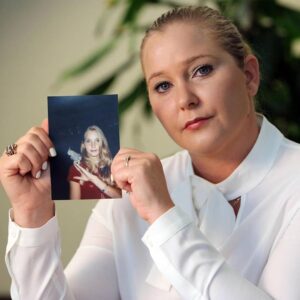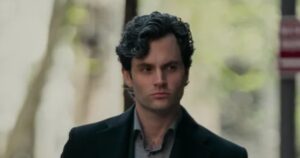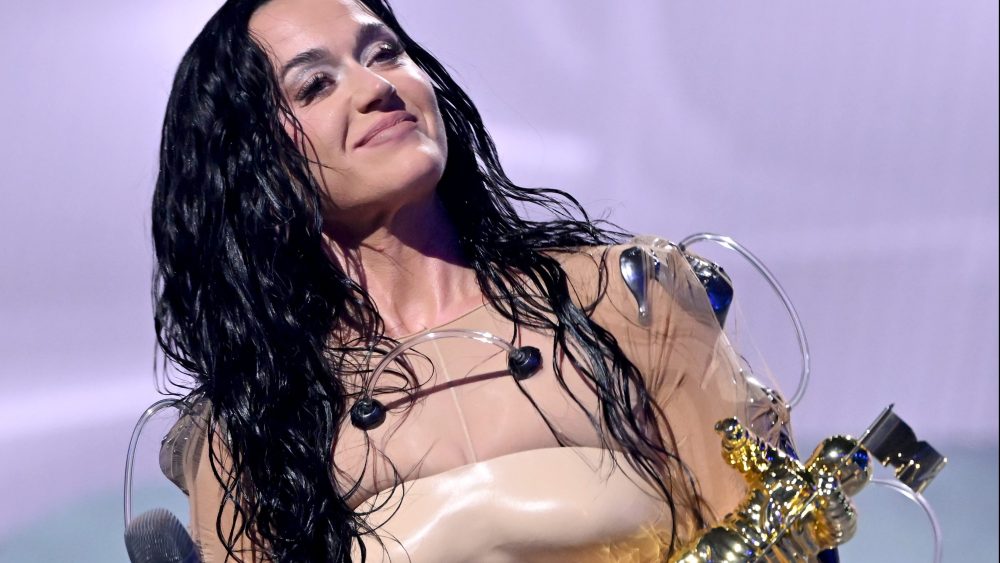Since her return from a brief sojourn to outer space, Katy Perry has been brought — rather forcefully — down to earth.
The singer’s recently commenced Lifetimes Tour, intended to promote her most recent album, “143,” is occurring against the backdrop of near-nonstop mockery online (this Page Six story provides a primer). The case against Perry, such as it is, seems twofold: First, there is a critique of her recent music, which has failed to scale the heights Perry achieved earlier in her career. (This music, too, relies on close collaboration with Dr. Luke, the producer who forged Perry’s early career and who settled a case of alleged emotional abuse and sexual assault by Kesha out of court.) That’s accompanied by a general distaste for the excessive coverage of Perry’s participation in an 11-minute flight on a Blue Origin spaceship, which its participants callowly presented as a milestone for modern feminism.
These two threads have begun to blend together into an all-purpose disgust, in a manner that looks familiar: Last summer, Jennifer Lopez, in the wake of her separation from Ben Affleck and her cancellation of her own tour, was the object of online scorn, while Anne Hathaway remains the patient zero for social-media-era hate of a woman in the public eye. And it seems to be having an impact: A sarcastic tweet from the social media account for burger chain Wendy’s apparently so bruised Perry that “a source close to the situation” utilized People to deliver a denunciation, while, this weekend, a video of Perry crying onstage while performing in Mexico traversed pop-fan social media.
This is striking in part because of where Perry has been: Her current tour celebrates music that is both less accomplished and much, much less successful than her peak era (it is notable, perhaps, that Perry wept while singing a song off of “Teenage Dream,” her 2010 magnum opus); that same music, in a strange unforced error for a star whose path once seemed charmed, is produced by a man who had to this point been persona non grata among Perry’s peers. And her 2012 tour documentary “Katy Perry: Part of Me” reaches its emotional climax when, weeping after having learned that her marriage to Russell Brand is over, Perry pulls herself together and forces herself to smile so as to not disappoint her fans.
This, in other words, is a performer who only lets the audience see what she wants us to see. And Perry’s seeming indignance over her treatment — her tears; what may be her camp’s declaring that Wendy’s owed Perry an apology — promises to prolong the spiral.
Previously, Perry had tried to preempt criticism, making a loopy but tone-deaf video for her song “Woman’s World” in which she framed herself as fundamentally in on the joke, singing about female empowerment while presenting herself as desperate for approval (the video ends with her stealing a ring light belonging to an influencer who has no idea who she is, then screaming “I’m Katy Perry!”). The video, the comic moments of which are trite empowerment clichés that make “Roar” look like “The Feminine Mystique,” was pilloried both on the merits and for its existence as a would-be feminist document made to promote a Dr. Luke-produced song. Given the allegations against him, this makes for a painful irony.
It’s hard to defend “143”; Perry’s career-spanning performance at the Video Music Awards last fall was more notable for its reinvention of past material than for new hit songs, and Perry’s decision to reverse her previous stance against working with Dr. Luke after making multiple albums without his participation reads as a shameless attempt to reclaim past glories. Similarly, her time in space, and the relentless boosting she and her peers did of their own remarkable achievement of being aloft for the length of three spins of “I Kissed a Girl” or so, felt tone-deaf at a moment when authenticity reads more appealing than artifice.
There’s something poignant, though, about Perry’s inability to get out of her own way. At past moments of her career, her tendency to be a ham — as, say, in her time as an “American Idol” judge, or in the gooey cheese of her Super Bowl halftime set, was charming. But she is not an entertainer whose shtick is particularly timeless, and, crucially, she is not adept at artistic evolution. Past attempts by Perry to reinvent her image and sound, as with the rollout of her attempted “purposeful pop” post-2016-election album “Witness,” have been show-your-work effortful. Back then, she promoted the album with a multiday livestream, during which she underwent therapy and cried.
That was, again, what she wanted the public to see — but relatively few members of her audience wanted to consume the art that went with the spectacle. (“Witness World Wide,” the livestream, was viral and endlessly discussed, but the album it promoted was the first in a series of commercial disappointments.) But the attempt Perry was making to communicate something real through various layers of fakery was jagged and compelling. She’s still making the attempt, stumbling as she goes: The space flight saw Perry speaking in jargon, claiming that she had been studying string theory in order to comprehend the universe; it was clear that she truly believed that her crossing the Kármán line would be the catalyst for change and inspiration. It almost feels sad that she had to eventually find out this was not to be.
Perry’s brand of pop, from the highs of “Teenage Dream” to the lows of “143,” is rooted in a kind of elaborate insincerity; her first hit single, after all, was a winking ode to kissing girls for attention, and she has continued in a similar vein in the years since. But in painful and abrupt moments, Perry has tried to convey something behind the wigs and bright smile — how it feels to be unlucky in love, say, or to experience profound disappointment in one’s country, or, now, to be the object of online scorn. Perry’s missteps in the public eye have been increasingly frequent, and her music feels entirely removed from a conversation that more adept stars like Billie Eilish, Chappell Roan, and Doechii are currently leading. But she is owed consideration not just for her past achievements but for the painful fact that she compels as much in failure as she previously did in success. On a wrongheaded space flight or crying on stage while singing a 15-year-old song, Perry still holds our gaze. That may not be artistry, exactly. But it’s what makes a star.
Read the full article here








